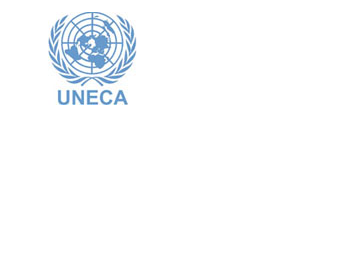
A multi-tiered capacity building approach. Initial focus will be on technical training to maintain equipment, followed by degree programs and finally these programs will fuel innovation and sustain capacity. Click on the image for a larger view
A major challenge in global health is lack of well-functioning health systems that makes it challenging to achieve the Millennium Development Goals and institute relevant change interventions. In particular, there is very little capacity to maintain and use medical equipment and devices. A part of the issue stems from the fact that spare parts are not easily available in these regions and costs of procurement are high. However, an equally pressing challenge is the lack of availability of a technical workforce competent in maintenance and repair of equipment and devices.
LEED is focused on building technical engineering capacity of the local workforce within developing countries to empower local technicians, engineers and other personnel to be able to maintain and handle their own equipment. Eventually, a strong competent technological foundation will be the basis of research and innovation.
Key areas of interest include:
- Short training courses for technicians in hospitals and health-care facilities.
- Integration of engineering tools and principles in medical education.
- Online courses for medical professionals, with a focus on integration of engineering tools.
- Introduction of Biomedical Engineering as a powerful tool for healthcare in the developing world.
- Curriculum design for Biomedical Engineering at new and existing universities.
- E-education of Biomedical Engineering, with a focus on local demands and local industries.
Scientific Entrepreneurship:
The challenge is to translate scientific recent research and innovative success into affordable technologies available at the periphery of the health care system. To develop a solution that will impact healthcare, the technology developer must engage with end users in actual settings at all stages of product development to ensure understanding and inclusion of all design aspects. Through technology transfer, such developments have the potential to become commercially available and the process ensures that the advantages of medical devices newly developed locally are propagated throughout the health sector, for the benefit of all patients.
An Educational Approach to Health Capacity Building in Zambia:
The cornerstone of improving medical care in the developing world is reliant on the ability to design and maintain medical technology. Through partnerships in higher-level education, LEED develops a system to improve healthcare service delivery in Zambia by strengthening the engineering technical capacity of its medical workforce. The partnership fosters problem-based learning through practical applications of real-world problems occurring in Zambian hospitals. The ultimate objective is to develop a long-term program to train future professionals of Zambia through the guidance and support of BU.
Pilot Project:
To demonstrate the feasibility and practicality of such an initiative, the pilot project will demonstrate how the introduction of a simple technology or modification of an existing technology is capable of making a significant impact within a context. Simultaneously, the engineering skills of the UNZA students will be assessed to form baseline information to inform future endeavors.
UNZA Design Competition:
An engineering design competition is being designed in UNZA to create excitement and interest around technology innovation within UNZA. The competition aims to cultivate an environment of problem-based learning through exposure to real-time healthcare challenges within Zambia. This competition will provide students at UNZA with incentives and opportunity to develop practical engineering design, problem solving and critical analysis skills.
Development of formal Biomedical Engineering course:
Biomedical Engineers play an essential role in delivering modern, effective health care however, this resource has not been properly leveraged in the developing world. Our objective is to improve quality of life in Zambia through the education of future leaders in the medical device technology, contextual to the Zambia context. The intention is to produce a class of engineers with the capacity to improve healthcare technology at a daily operational level and, eventually, to develop innovative technology to revamp the Zambian healthcare system. In addition, an element of business development will help budding entrepreneurs to conceive, plan and execute new commercial ventures.
An effort in this regard was launched earlier this year, titled 100×100. Check it out at: http://100x100engineering.wordpress.com/
For more information on education and capacity building in developing nations see our recent publications
Partners: University of Zambia, International University of Vietnam, Center for International Health and Development in Zambia, Center for Global Health and Development, Boston.









